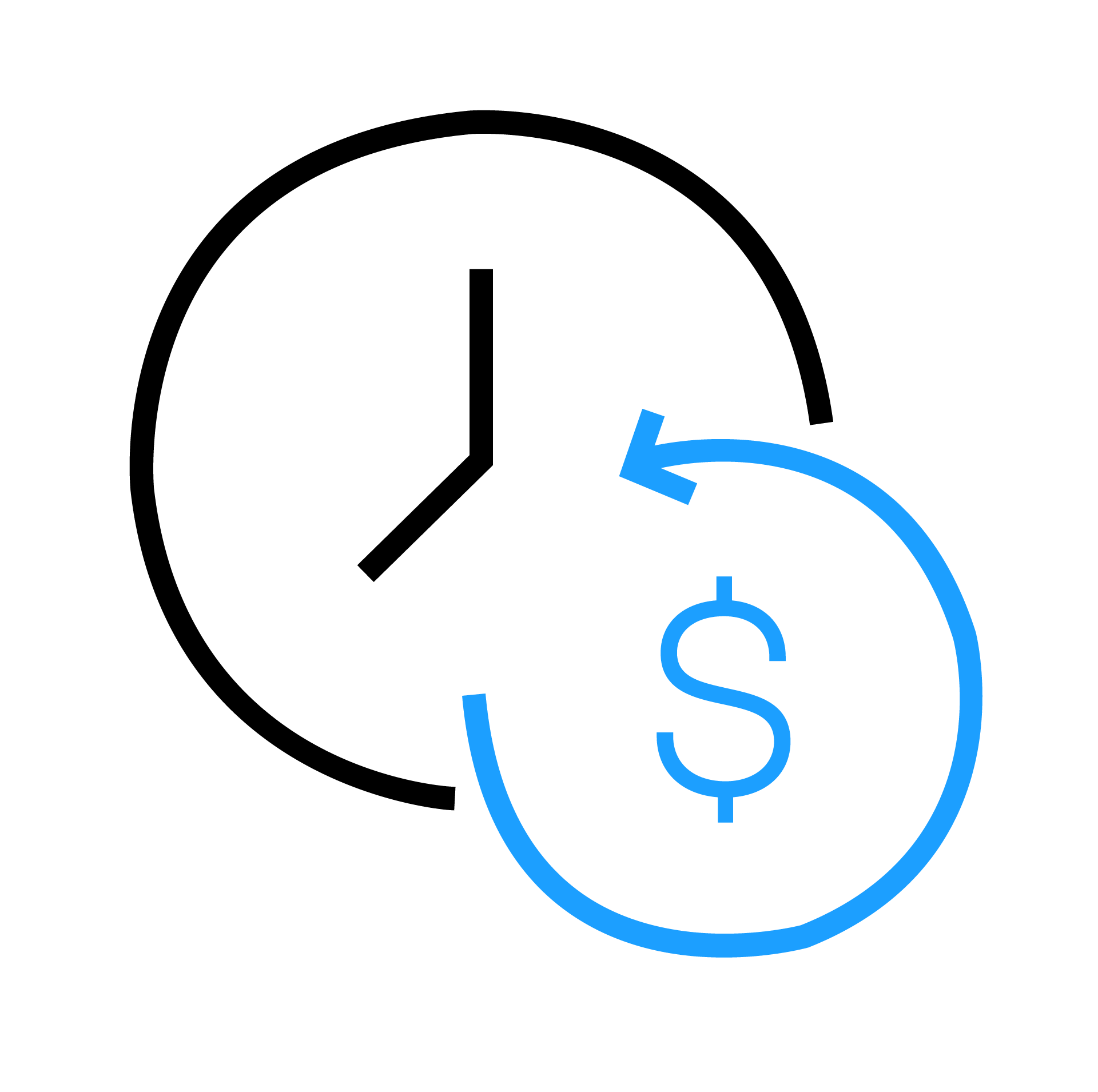Small Business Loans
Helping 3,000+ Businesses Grow with Trusted Capital Solutions
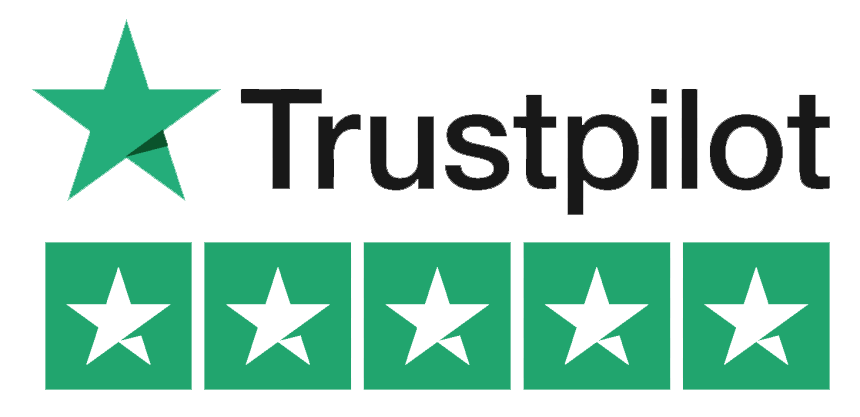
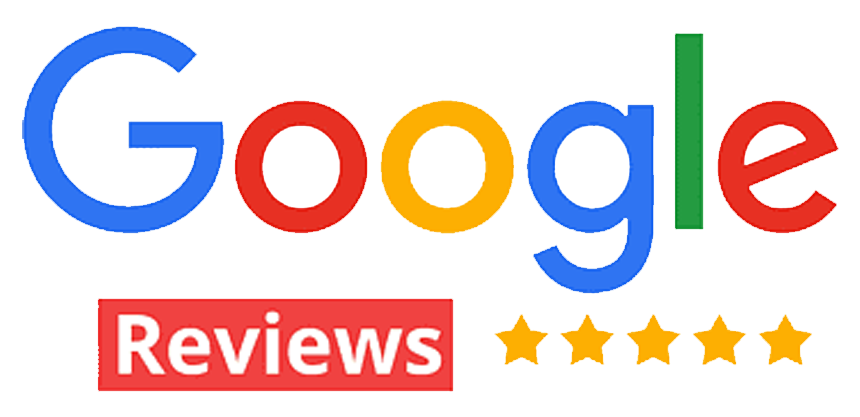
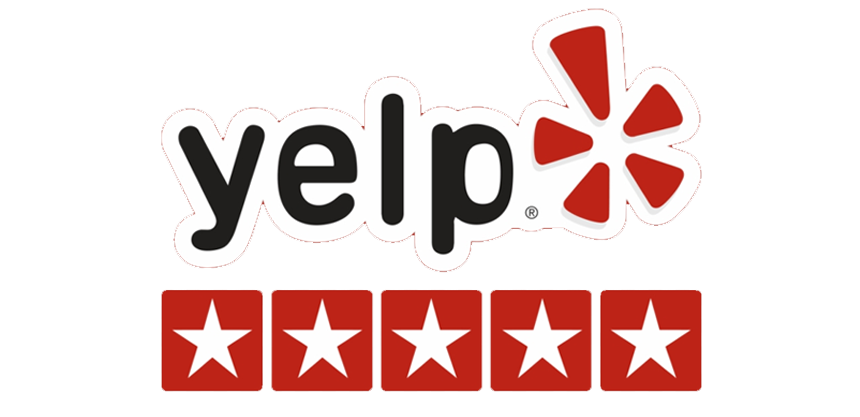
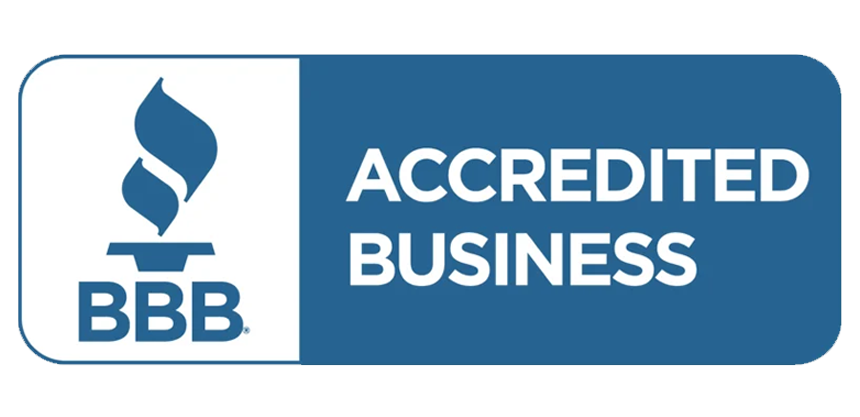
What Are the Requirements to Qualify for
SBA Loans?
What is a small business loan?
A small business loan provides entrepreneurs with the capital needed to address challenges, seize opportunities, and invest in their businesses. Funds can be used for various purposes, such as:
- Working capital
- Equipment purchases
- Business expansions
- Payroll
- Other strategic investments
Borrowers are required to repay the loan’s principal and interest within a term specified in the loan agreement. The term length depends on the borrower’s business needs, financial history, and the lender’s requirements.
A small business loan is a type of funding tailored to meet the needs of small businesses, enabling them to secure capital for various purposes. These loans come in different forms to support a wide range of business goals, from managing cash flow to purchasing equipment or expanding operations. The structure and terms depend on the type of loan chosen.
Common Types of Small Business Loans:
Term Loan
A traditional loan where the borrower receives a lump sum of money upfront and repays it over a set period with interest.
Best for: Long-term investments like expansions or large purchases.
Equipment Financing
Designed for purchasing equipment or machinery. The equipment itself acts as collateral, and repayments align with its expected lifespan.
Best for: Upgrading or acquiring essential tools, technology, or machinery.
Accounts Receivable (AR) Financing
Allows businesses to borrow against unpaid invoices. The invoices serve as collateral, making it easier to access funds at lower rates.
Best for: Bridging cash flow gaps caused by delayed client payments.
Merchant Cash Advance (MCA)
A business borrows against future credit card sales and repays a percentage of daily credit card transactions. Payments are automatic, tied directly to revenue.
Best for: Businesses with strong credit card sales but inconsistent cash flow.
Business Line of Credit
Functions like a credit card. Borrowers are approved for a credit limit and only pay interest on the funds they use.
Best for: Managing ongoing expenses or unexpected costs.
Why Choose a Small Business Loan?
Small business loans provide tailored funding solutions, offering flexibility, competitive rates, and various repayment options. With numerous types available, entrepreneurs can choose the best option based on their needs and business model.
Access the Lowest Rates, Longest Terms, and Highest
Funding Amounts to meet your goals with ease.
Resources & Frequently Asked Questions
Effortless Application Process
Apply Online Now
Our simple and straightforward application process takes just seconds to complete, giving you instant pre-approval.
Review Your Options
Your dedicated loan advisor will guide you through the available financing options tailored to your business needs.







